Swiss join in chorus of protest on Turkey
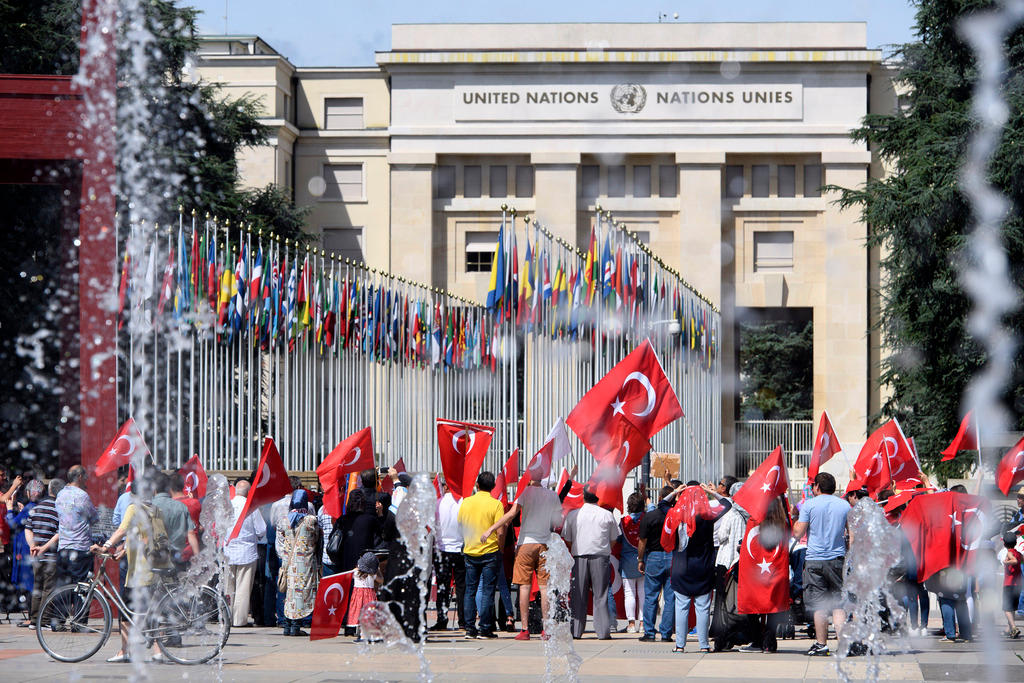
The Swiss foreign ministry added its voice to the chorus of growing international concern over Turkish court’s order to formally arrest Amnesty International’s Turkey director and five other human rights activists on terrorism charges.
Switzerland expressed serious concern about Istanbul court’s order through a Swiss envoy in Ankara and via diplomatic channels at the Organization for Security and Co-operation in Europe (OSCE) and the Council of Europe, the continent’s leading human rights organisation, according to a statement provided to swissinfo.ch on Friday.
“Switzerland will continue to observe the human rights situation in Turkey very closely and will also in future continue to advocate for the compliance with fundamental freedoms and the principles of the rule of law,” the ministry said in an emailed statement.
The moves by Swiss diplomats, first reported by Swiss newspaper Tages-Anzeiger, reflects growing concern over President Recep Tayyip Erdoğan steadily increasing his powers since an attempted coup last year. But Switzerland has stopped short of an official protest.
The Turkish court jailed Amnesty International’s Turkey director Idil Eser and five other human rights activists this week pending trial for allegedly aiding an unidentified armed terror group. The court also decided to release four other activists from custody pending the outcome of a trial, but barred them from traveling abroad and ordered them to report regularly to police.
The activists had been detained earlier this month in a police raid on a hotel on Buyukada, an island off Istanbul, where they attended a digital security workshop. Some news media outlets and non-governmental organisations have been shut down in recent days.
Crackdown
They are the latest to be caught up in Erdoğan’s crackdown with the arrests of more than 50,000 who he regards as his political opponents and the dismissal of more than 110,00 government employees.
Germany and the United States also have condemned the detentions of the activists and called for their immediate release. Germany told citizens to use caution while traveling to Turkey as relations deteriorated between the two countries, which share deep ties. Germany has Europe’s largest Turkish diaspora. Turkey called Germany’s comments “unacceptable”.
Erdoğan’s government says the crackdown is necessary to defend against the “terrorists” who follow the US-based Islamic cleric Fethullah Gülen. Amnesty’s Turkey chair, Taner Kiliç, also was arrested last month for alleged ties to the Gülen movement.
Amnesty has called for the activists to be released, saying they “are suspected, without grounds, of ‘committing crime in the name of a terrorist organization without being a member.’ ” Switzerland expressed its concern about Kiliç’s arrest at the Council of Europe in June.
Switzerland, whose 8.4 million population is a quarter foreign, has about 68,000 Turkish citizens, according to government statistics. The Turkish embassy’s website refers to around 130,000 Turkish citizens in Switzerland.
In April, Erdogan narrowly pushed through a referendum on a series of constitutional amendments that will increase the powers of his office. The European Parliament has recommended freezing the European Union’s accession talks with Turkey because of concerns about human rights, media freedom and the rule of law.
Reactions
A group of parliamentarians that works on human rights issues has called for Switzerland to increase the pressure on Turkey, bilaterally and through bodies such as the Council of Europe. It made a statement on the issue earlier this week.
Group co-president Carlo Sommaruga said in the Tages-Anzeiger that the intervention by the Swiss ambassador fulfilled some of the group’s demands, but called for a clearer position and for the Swiss government to summon the Turkish ambassador.
The Swiss section of Amnesty International welcomed the Swiss government’s reaction. The organisation’s Beat Gerber told the Tages-Anzeiger, however, that it was hard to find the right way to deal with Turkey. “We are not calling for any break in relations with Turkey,” he said.
Asked about Germany’s latest comments about Turkey and whether Switzerland should not take a stronger position on Turkey, Roland Rino Büchel, president of the House of Representatives’ Foreign Affairs Committee, told Swiss public radio SRF that the Swiss foreign ministry had reacted correctly.
Germany is a big power with an important role in the EU and arms deals with Turkey. Switzerland is a small, neutral country, so it was not its duty to get involved, he said. Of course, if a Swiss citizen had been affected, this would change, added Büchel.

In compliance with the JTI standards
More: SWI swissinfo.ch certified by the Journalism Trust Initiative
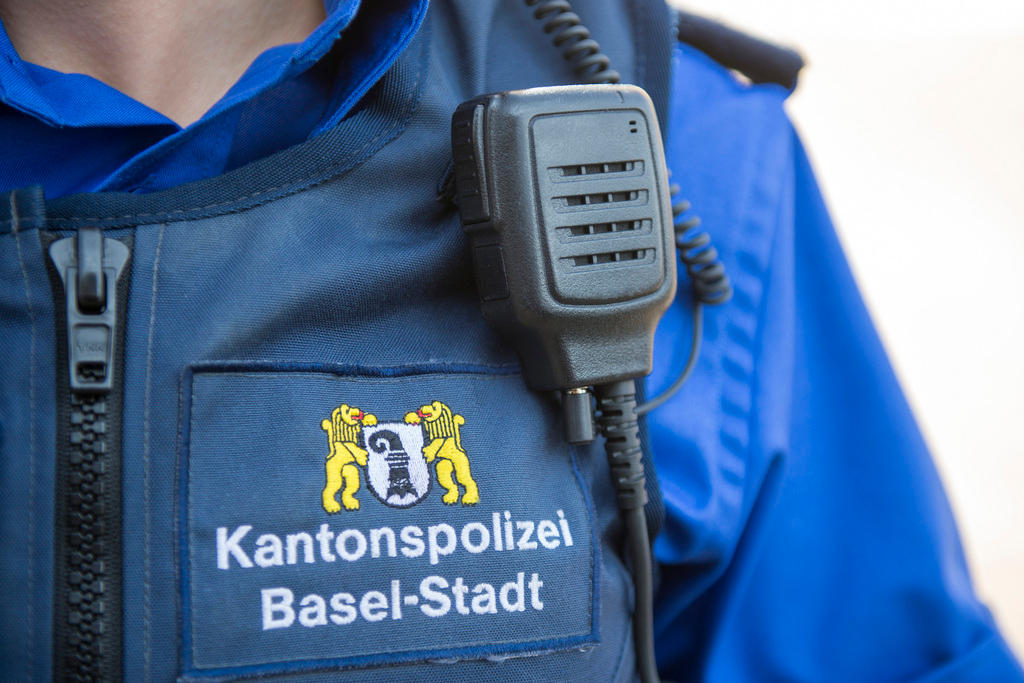
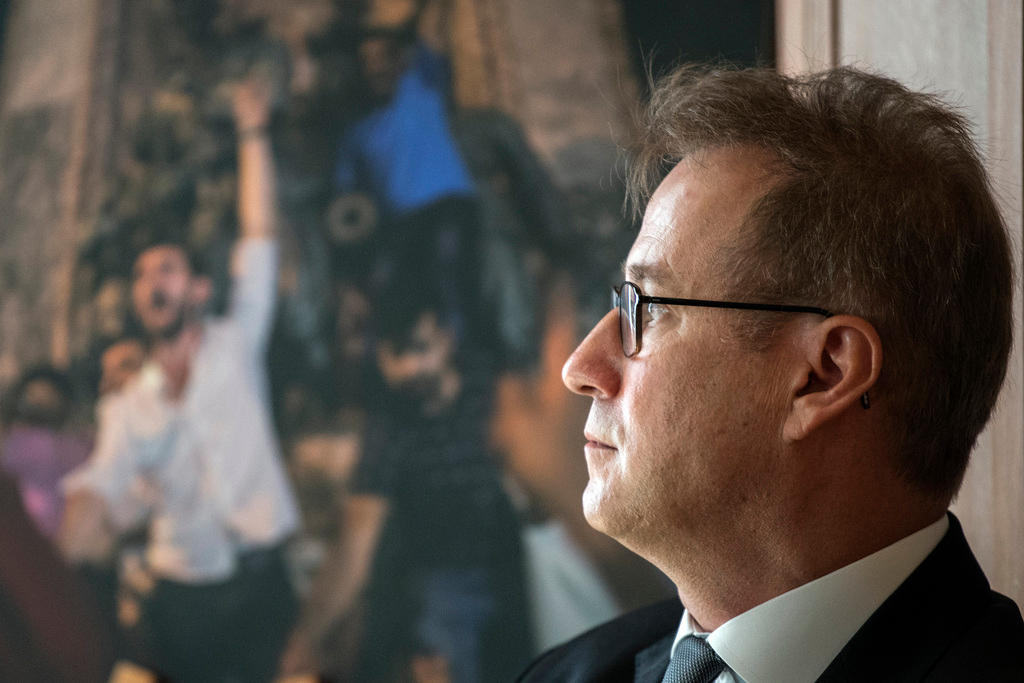
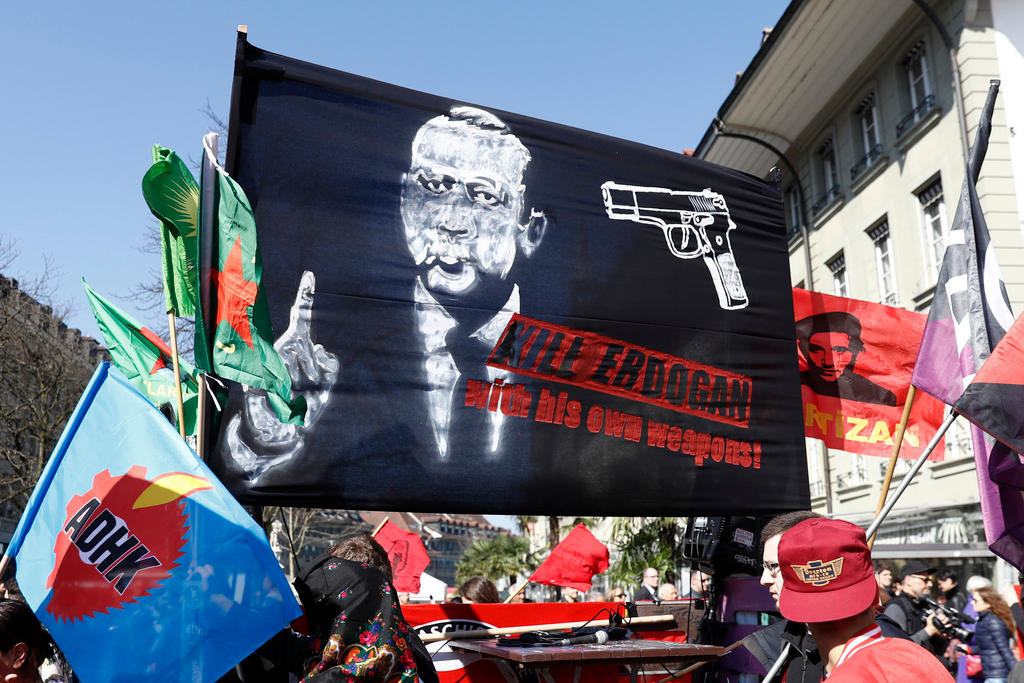
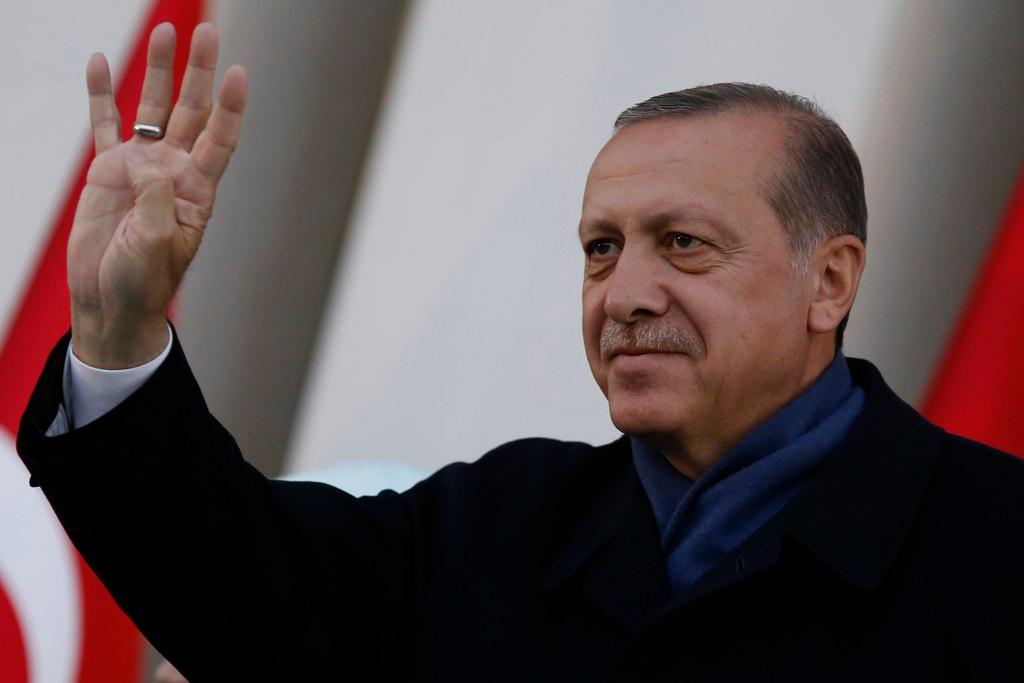
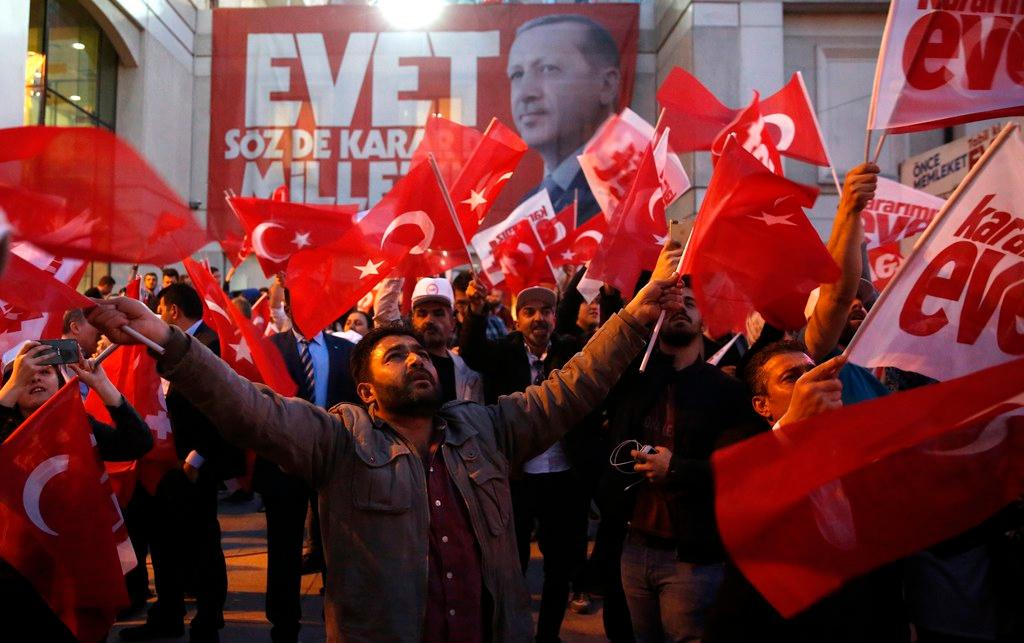
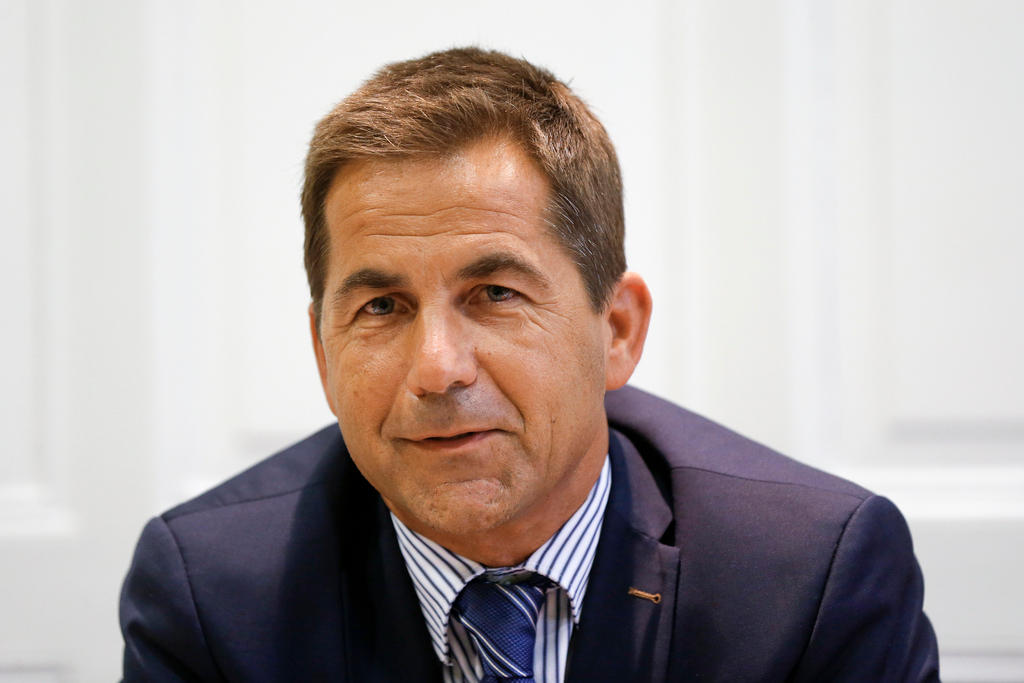
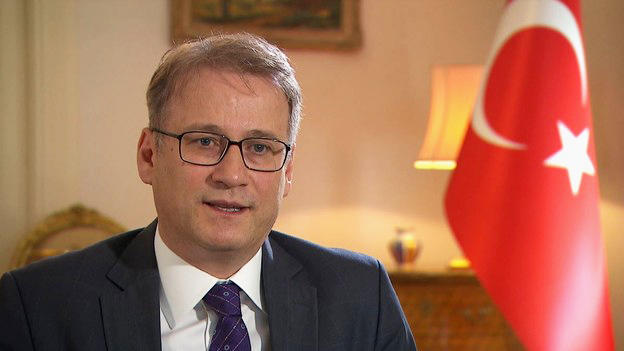
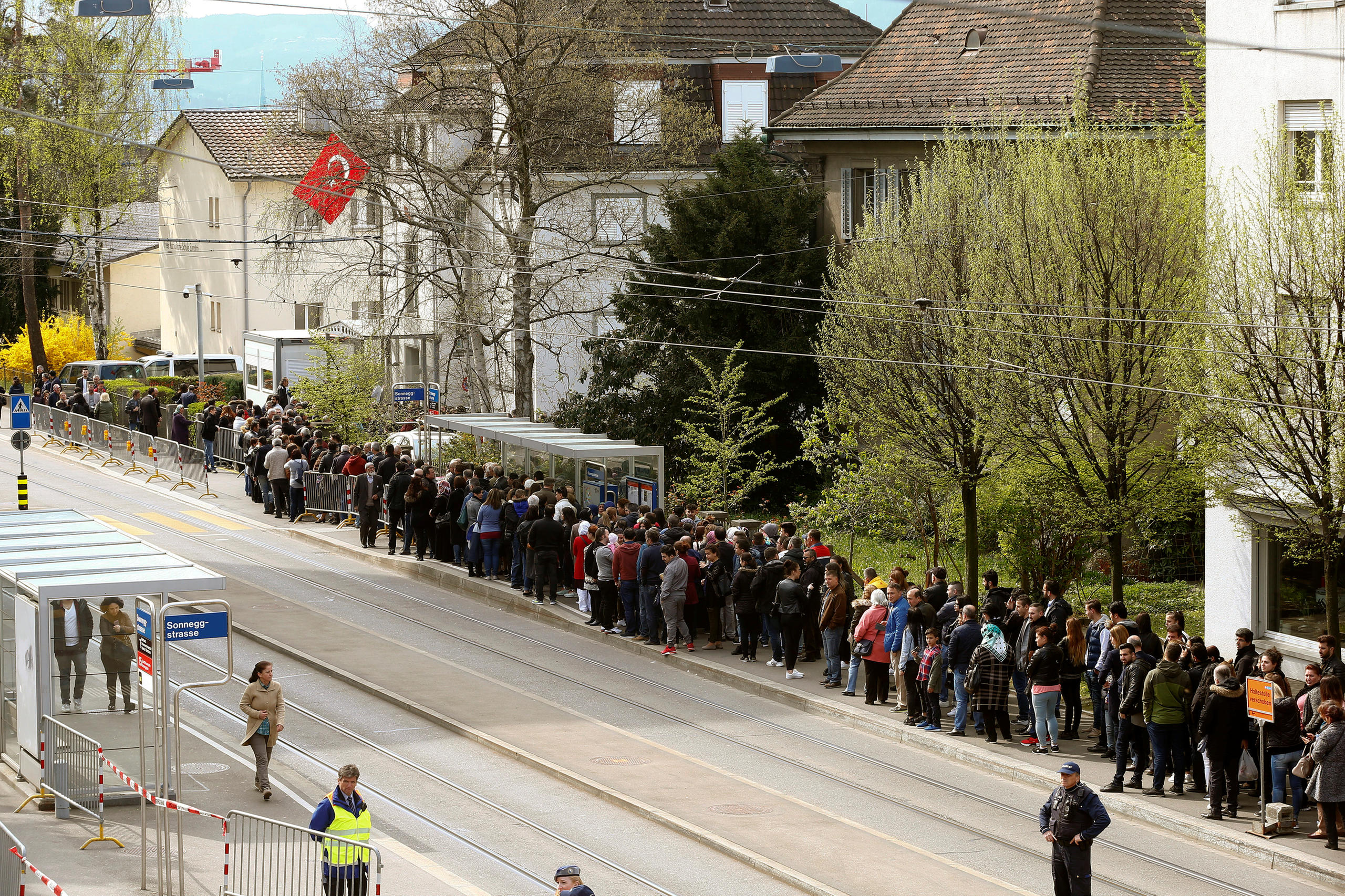
You can find an overview of ongoing debates with our journalists here. Please join us!
If you want to start a conversation about a topic raised in this article or want to report factual errors, email us at english@swissinfo.ch.